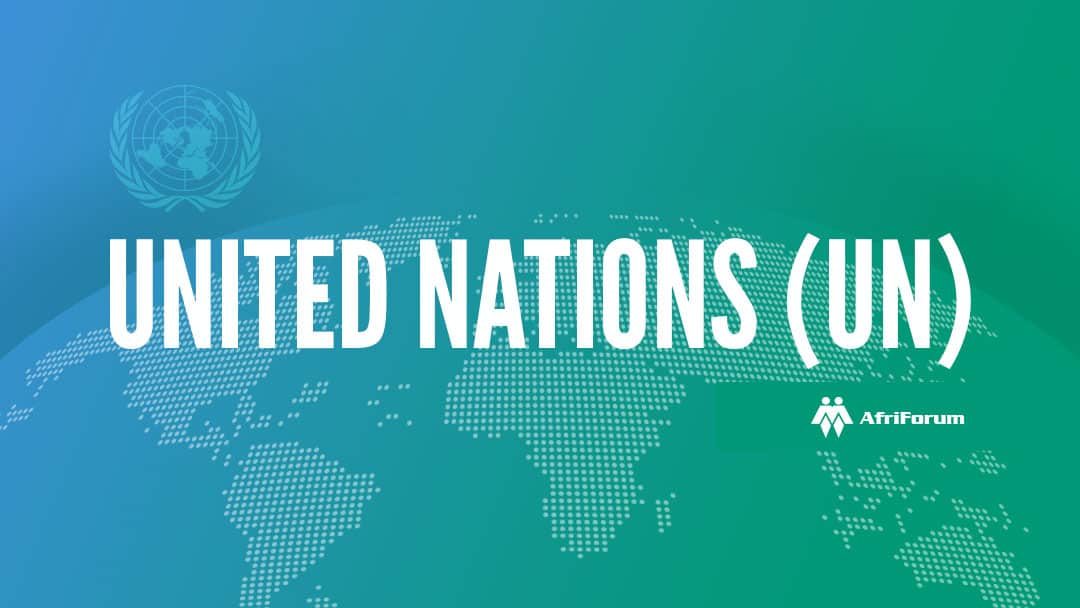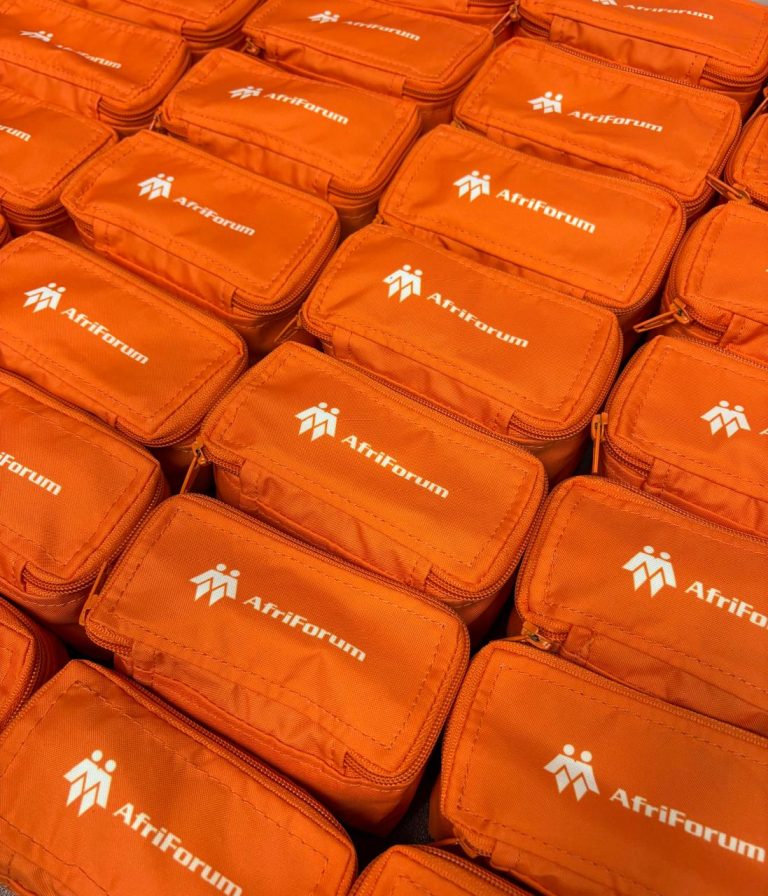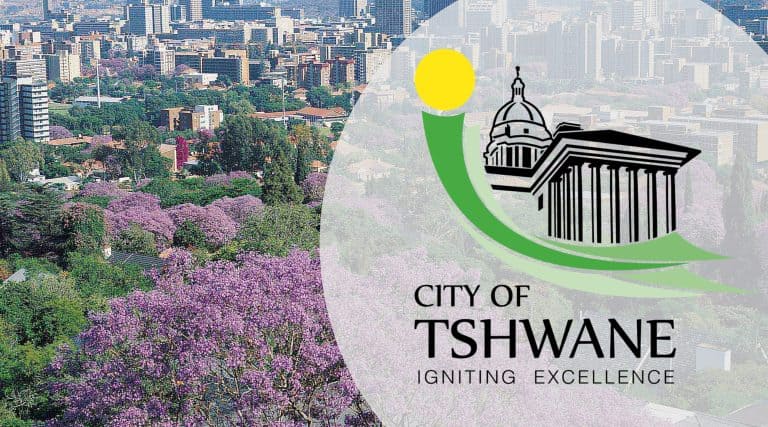AfriForum wins decade-long struggle to register with UN
The civil rights organisation AfriForum has just received confirmation that the organisation is now officially registered with the United Nations (UN) as nongovernmental organisation with special consultative status. This status offers AfriForum various opportunities and privileges to continue its work on a much larger scale in the UN’s conference rooms. The breakthrough was made despite the South African government working actively for many years to deprive AfriForum of these opportunities.
Ernst Roets, Head of Policy and Action at AfriForum, explains that the South African government’s representative at the UN’s offices in New York told him years ago that he had received instructions from Pretoria to prevent AfriForum from being registered with the UN’s division for nongovernmental organisations (a subdivision of ECOSOC). The representative went as far as to say that the government’s attempts in this regard were not personal, but politically driven.
“The representative explained to me in 2015 that the South African government opposed AfriForum’s registration because AfriForum was ‘talking too much’ and ‘was too arrogant’ to the government’s liking,” Roets says. “He then told me that he would be contacting South Africa’s alliance partners to ensure that AfriForum’s application was unsuccessful. He called these alliance partners by name: China, Zimbabwe, Cuba and Sudan.”
Roets asked the representative to explain why AfriForum was, according to government, too arrogant. The representative then referred to AfriForum’s campaign against farm murders, as well as the fact that AfriForum had objected to the invitation to the former Zimbabwean President, Robert Mugabe, to attend Jacob Zuma’s presidential inauguration.
Roets also says that the government did indeed succeed in delaying the application process for years (AfriForum submitted its first registration application already in 2011). “We are happy to announce today that government’s attempts to censor minorities at the UN eventually came to nothing.”
The privileges and opportunities that relate to special consultative status include among others that AfriForum can:
- Give input and participate in the work of ECOSOC;
- Use these forums to obtain and share advice on matters in which AfriForum is involved;
- Appoint representatives at the UN offices in New York, Genève and Vienna to represent the organisation at the various forums and meetings;
- Attend as observer various meetings of ECOSOC bodies, the Human Rights Council and in certain cases also the UN’s General Assembly;
- Make written and even oral submissions in various of these forums on matters in which AfriForum is involved;
- Consult with the respective offices of the UN Secretariat;
- Submit reports on various subjects;
- Participate in informal discussions with UN role-players at these forums;
- Have access to the UN’s media documentation services; and
- Have access to the UN Library.
AfriForum must also report to the UN every four years on the work that the organisation is doing.
Roets says that AfriForum views this step as a victory, also for the organisation’s #TheWorldMustKnow campaign that was launched earlier this year. “AfriForum will especially take a strong view at these meetings on expropriation without compensation, farm murders, corruption and minority rights. We look forward to extending our networks in the international sphere and sharing our knowledge and experience with other organisations.”











